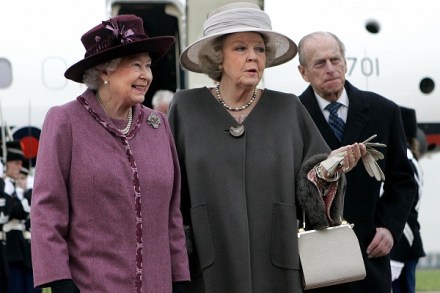Why even Amsterdam doesn’t want legal brothels
Do you remember the rather brilliant comedy sketch featuring Harry Enfield and Paul Whitehouse in which they played laid-back police officers in Amsterdam, bragging that they no longer have to deal with the crime of murder in the Netherlands since the Dutch legalised it? Don’t laugh too hard. In 2000 the Dutch government decided to make it even easier for pimps, traffickers and punters by legalising the already massive and highly visible brothel trade. Their logic was as simple as it was deceptive: to make things safer for everyone. Make it a job like any other. Once the women were liberated from the underworld, the crooks, drug dealers and people














